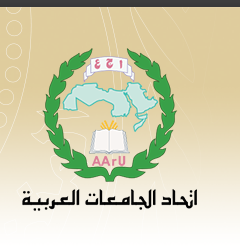Arab Journal of Administration المجلة العربية للإدارة
Article Title
Abstract
The purpose of this study is to analyze the conditions for the public fiscal sustainability of the Palestinian National Authority (PNA) for the period extending from 1996 to 2015. To achieve this objective, this study has employed a research methodology that is centered on the analysis of the budgeted and actual data for the years covered, calculated a set of indicators on fiscal sustainability, and then made comparisons with international standards and best practices. This study provided evidence that the Palestinian National Authority is fiscally unsustainable because of the instable economic and political environment, Specifically Israeli occupation. This is shown by the current and total fiscal deficit of the PNA‘s budget. Thus the level of the deficit had exceeded the international standards and local norms. The inability of the local revenues to finance all of government’s expenditures forces the PNA to relay on the foreign donations and grants to close the deficit gap. Due to the inconsistency of the payments of the foreign donations and grants and the Israeli control of the clearing revenues, the PNA is forced to either delay the government payments for the private sector which includes local providers of goods and services, delaying the payment of salaries for the government employees in many instances and delaying the operational and transfer expenses. Another mechanism used by Government to finance the budget deficit was borrowing from the local banks, where the banking facilities for the government had reached 115% of the paid up capital of the domestic banks. In addition, the government deficit had reached 17.4% of the nominal GDP in 2014. These percentages increases to approximately 39% when including the government backlog which is considered part of the government deficit.
Recommended Citation
Sbaih, Majed Husni Dr and Abdelkarim, Naser Dr
(2017)
"The Public Financial Sustainability of the Palestinian National Authority (PNA)(For the Period 1996- 2015),"
Arab Journal of Administration المجلة العربية للإدارة: Vol. 37
:
No.
4
, Article 7.
Available at:
https://digitalcommons.aaru.edu.jo/aja/vol37/iss4/7

